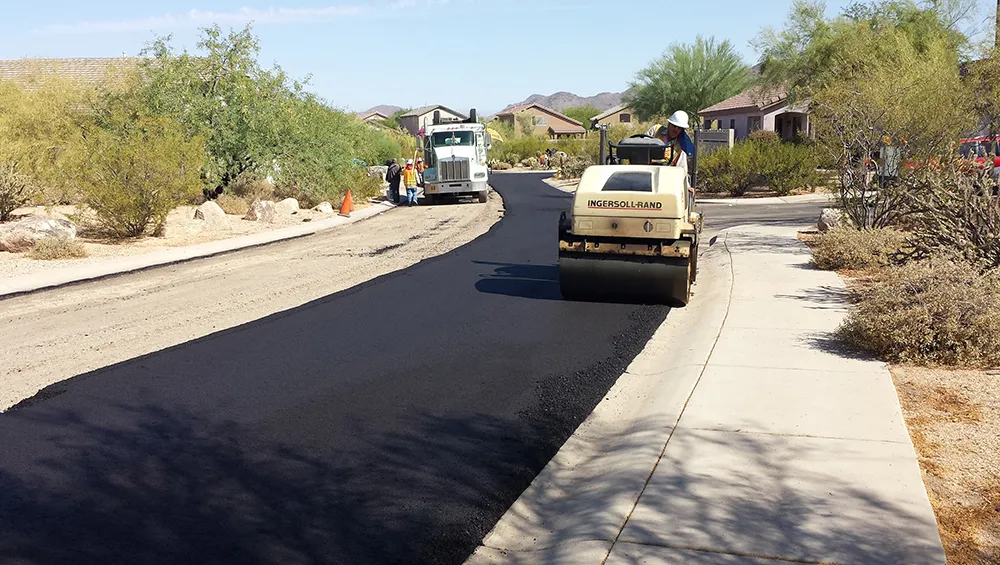
LafargeHolcim and IBM are now joining forces to develop ORIS, an advanced digital materials platform for sustainable road solutions.
The partners are working together on the first digital platform for road design optimisation, ORIS. The solution is expected to slash road project costs by up to one-third and carbon emissions by up to half while tripling road durability and usage lifespans.
According to the partners, ORIS allows decision-makers, road infrastructure authorities and project investors to improve road construction and sustainability and reduce inefficiencies through smart project design. This is timely as governments design stimulus packages to revive economic activity post COVID-19 while also responding to the impact of climate change.
An average of 700,000km of new roads are being built globally/year. Improving road quality and resilience will help reduce the massive amount of carbon emissions attributed to transportation. Because roads vary depending on location, climate, vehicle types and traffic volumes, it is a complex challenge to define the most sustainable and cost-effective mix of building materials and technologies early in the design phase. ORIS assesses road pavement designs from different perspectives and recommends efficient construction and maintenance patterns with local materials availability and capabilities. ORIS is supporting public policies that conserve natural resources, enabling a more local and circular economy in road construction.
“We are accelerating the digitalization of our solutions for sustainable and high-performance construction,” said Marcel Cobuz, Region Head of Europe, Member of the executive committee with responsibility for innovation at LafargeHolcim on a global level. “With global solutions like ORIS, we are committed to leading the way in low-carbon and circular construction as well as responsible natural resource consumption for roads and beyond. We have already entered into pilots with different partners such as road authorities, international financing institutions and engineering firms to use ORIS in both developed and emerging markets.”
LafargeHolcim will leverage IBM's portfolio of digital platforms, hybrid clouds, digital design services, as well as IBM's expertise in machine learning, artificial intelligence. This will help to boost even further its materials knowledge in cement and ready-mix concrete products, as well as its solutions and products, including precast concrete, asphalt, mortar and building solutions.
"Data-driven solutions and digital technologies have the potential to transform road construction towards more sustainable, circular, low-carbon, low-resource and cost-efficient techniques. ORIS is instrumental in recommending appropriate and tailored approaches to road-building, minimising costs, environmental impacts and project delays," said Hervé Rolland, vice president, Industrial solutions, IBM Europe.







